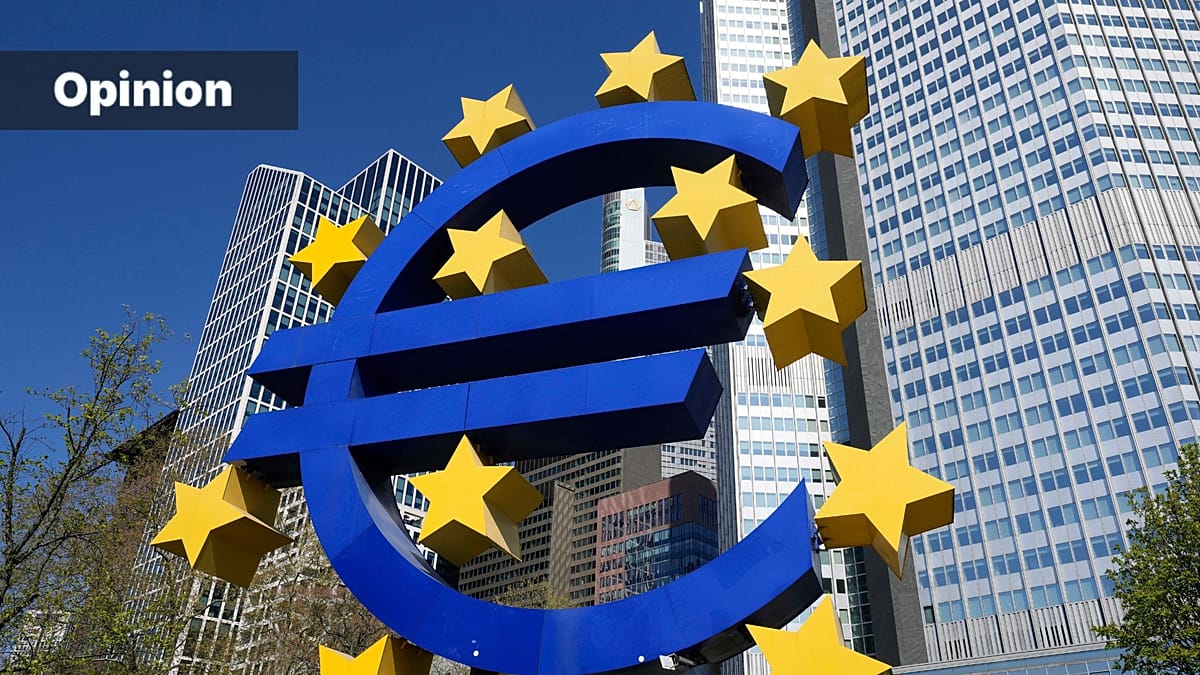Professor Dame Wendy Hall Talks To European Business Magazine on Digital Disruption and Transofrmation


 In an era where technological innovation continues to reshape industries at an unprecedented pace, few individuals have had as profound an impact on the digital landscape as Professor Dame Wendy Hall. Recognised globally as a leading authority on digital disruption and transformation, Wendy’s career spans over four decades at the forefront of computer science, artificial intelligence, and web science. Currently the Regius Professor of Computer Science at the University of Southampton, she was among the first computer scientists to pioneer research in multimedia and hypermedia, playing a pivotal role in laying the foundations of the modern internet.
In an era where technological innovation continues to reshape industries at an unprecedented pace, few individuals have had as profound an impact on the digital landscape as Professor Dame Wendy Hall. Recognised globally as a leading authority on digital disruption and transformation, Wendy’s career spans over four decades at the forefront of computer science, artificial intelligence, and web science. Currently the Regius Professor of Computer Science at the University of Southampton, she was among the first computer scientists to pioneer research in multimedia and hypermedia, playing a pivotal role in laying the foundations of the modern internet.
Dame Wendy’s influence extends beyond academia. As Co-Chair of the UK Government’s Artificial Intelligence Review, Managing Director of the Web Science Trust, and Chair of the Ada Lovelace Institute, she is a key figure in shaping policy and governance in the digital realm. Her leadership has earned her numerous accolades, including a Damehood for services to science and technology, Fellowships at the Royal Society and the British Computer Society, and international recognition as a role model for women in STEM.
In this interview, we gain insight into Wendy’s perspective on some of the most pressing issues facing today’s global businesses. From the ethical deployment of AI to the complex geopolitical dynamics shaping cyberspace, Dame Wendy offers her expertise on navigating the opportunities and challenges of digital transformation in an increasingly interconnected world.
Q: With an increasing number of businesses adopting AI technologies, how can they ensure these innovations are applied in an ethical and responsible manner?
Wendy Hall: “If you take, for example, face recognition. We still haven’t really worked out what the rules and regulations should be around when people can apply face recognition technology. Did anyone ask you whether you wanted the face recognition technology on your phone? You get offered it as a system download and then you can choose to use it.
Face recognition in surveillance—we all know this happens in China—but it’s happening in a creeping way in Europe and the US as well. Our security forces are using them. On the other hand, I like the fact that there is a CCTV camera in the car park at night, so I feel safer.
And all these new technologies, and the technologies that are going to come — new AI technologies that we have no clue what they are and how they’re going to be used — all these things have a good and a bad side. A yin and the yang, right? Benefits and threats. We must learn how to make the best use of the benefits for the good of humanity, for the good of society, for the good of ourselves, for the good of the business, and how to mitigate against the threats. That is what we have got to learn to do.”
Q: What guidance would you offer to organisations seeking to implement generative AI while preserving a sense of human authenticity?
Wendy Hall: “Generative AI is nothing to be frightened of. I think we will start to use generative AI, which is about having software that helps us write things, summarise things, argue about things.
I liken it to when calculators first appeared and everyone—shock horror—”How can we let calculators into the classroom? How can we trust the answers it comes up with?” Well, of course, it’s garbage in, garbage out as ever. Now we have a finance industry run by computers. All the old ways of doing things by hand, the ledger systems, have gone. But we have got more jobs than we ever had before in the finance industry, and we will see this around generative AI.
I think we are all going to be very relieved not to have to write essays about things. It will help us be more creative. But you need to view it as an adjunct, augmenting what we do and not taking over, because it is not clever enough to take over.
The advantages of having the system—just take the legal industry—summarising the huge amount of work that people have to absorb and then predicting whether to take a case on or not, whether you think you can win in this circumstance. I see a future where AI becomes part of the team that’s deciding how to deal with a legal case, or how to deal with a medical diagnosis, or how to deal with a problem pupil at school.
We’ll have teams, and AI will be part of that team. We’ll ask the AI questions, and it’ll come back with answers. But it is important that we see it as something augmenting human intelligence, not taking control, because at the moment it can’t. We can’t trust the answers.
The data going into generative AI is very biased. If it’s being trained on the internet, a lot of it is incorrect. We have this lovely term “hallucinating” – it will make things up if it doesn’t know the answer. We have to think of it as part of the team, part of what we do, and use it to help us be more productive, more creative and have a better working life.
Actually, maybe shorter work—maybe we will get a four-day week out of all this.”
Q: What geopolitical dynamics are shaping the current landscape of cyberspace?
Wendy Hall: “In the book I co-wrote with Kieron O’Hara, ‘Four Internets,’ we talk about the geopolitical forces that are causing the fragmentation of the internet today. The same geopolitical forces are playing out as AI emerges, being trained on the data that emerges from the internet.
In a nutshell: the US is where all the big Western companies are in the Western world. That is very market-force-led, because the big companies are on the west coast; they lobby the east coast in Washington to get the rules and regulations they need to help their companies make money. You are seeing that play out with AI today, where Biden had a meeting with the vice presidents of the big tech companies to talk to them about how we regulate AI.
Self-regulation—is that a good idea? We don’t know. We can argue the issues around data protection, privacy, trust, and security, but we can only partially influence because the companies outside of Europe do not have to abide by these rules. It’s only when they are trading within Europe that they have to worry about them. We have some soft power there, but we do not have the market power they do in the US, and they are moving further around the world.
Of course, you come to China, where we know their approach from the very beginning of the internet has been about using this technology firstly to help people communicate, but secondly—and perhaps more predominantly these days—for surveillance and control. We see that creeping into our world as well. I see threats to the democratic process, and autocrats do well in this sort of data control world. We have got to think very hard about what that means for us, our lives, and our businesses.
That is all underpinned by the original open internet, which is still there. The open protocols—TCP/IP—were invented over 50 years ago. That still runs. That is our internet number one. Then we have the US, Europe, and China models on top of that. It is how they all fit together. Can we keep the internet running technically with the global agreement on the technical protocols? Nothing works if we do not. We don’t have a global internet then. AI is running on top of that, and that’s going to put further political pressure on this whole ecosystem.”
This interview with Professor Dame Wendy Hall was conducted by John Hayes.
The post Professor Dame Wendy Hall Talks To European Business Magazine on Digital Disruption and Transofrmation appeared first on European Business & Finance Magazine.














































